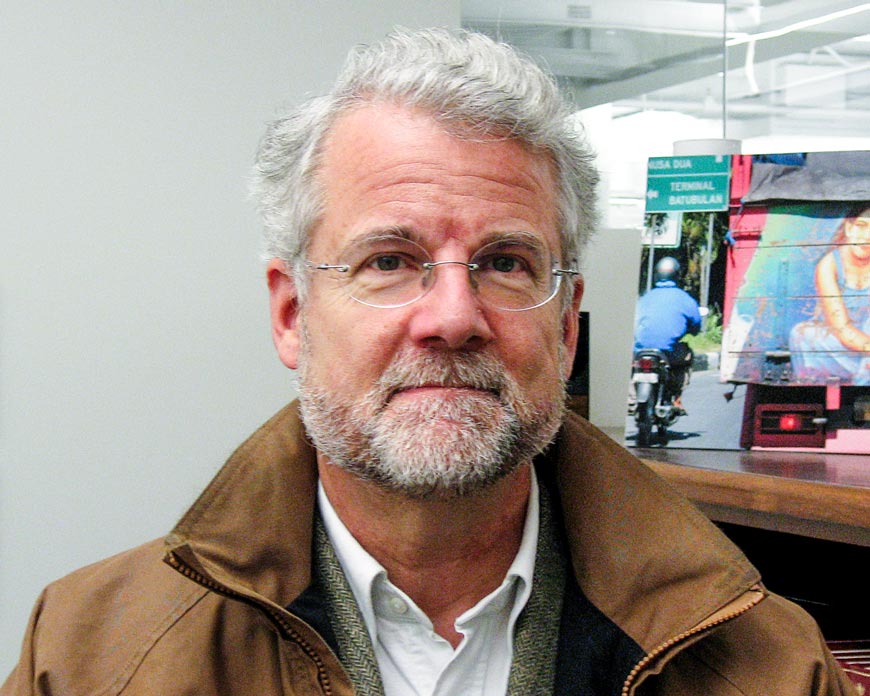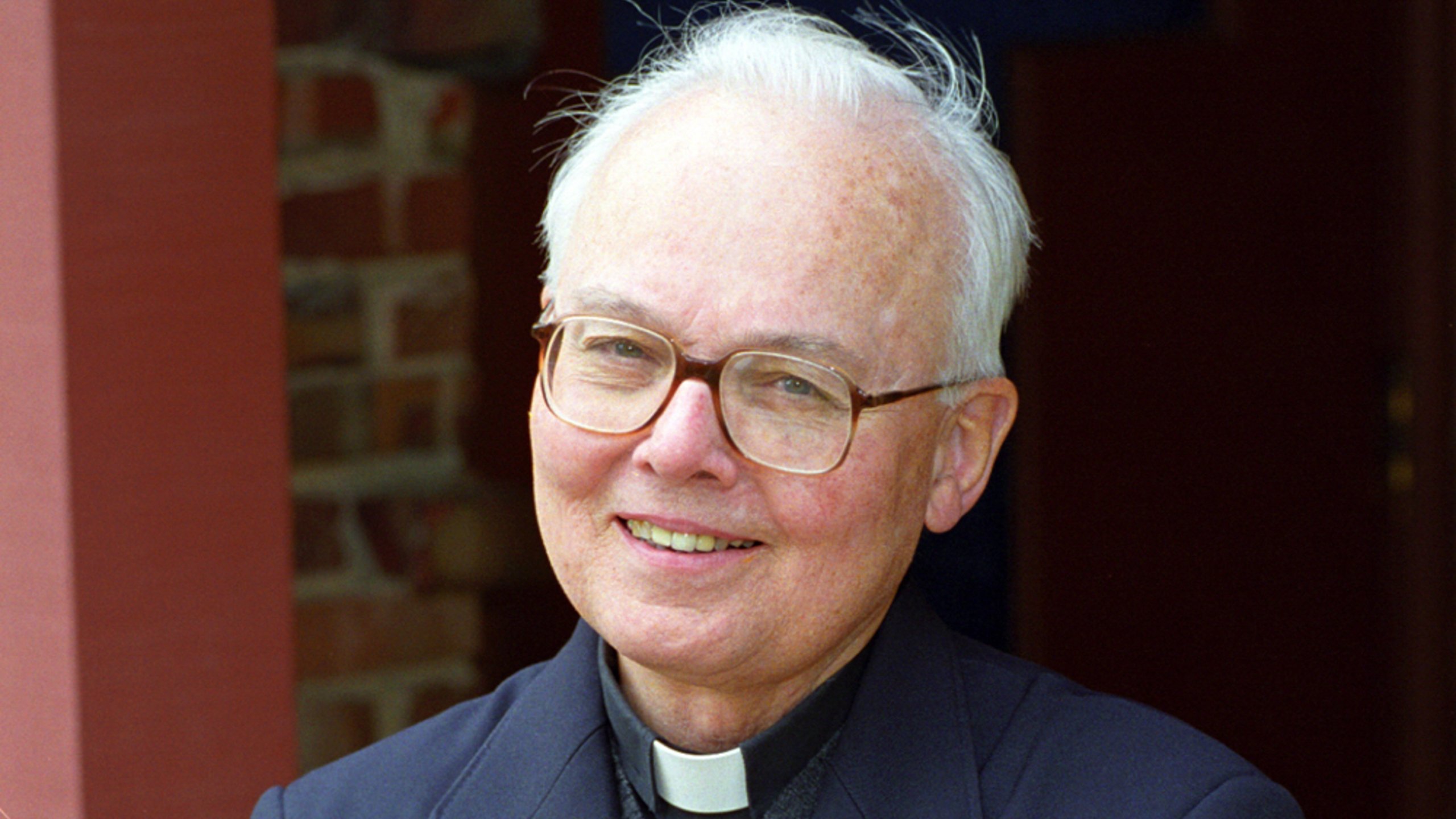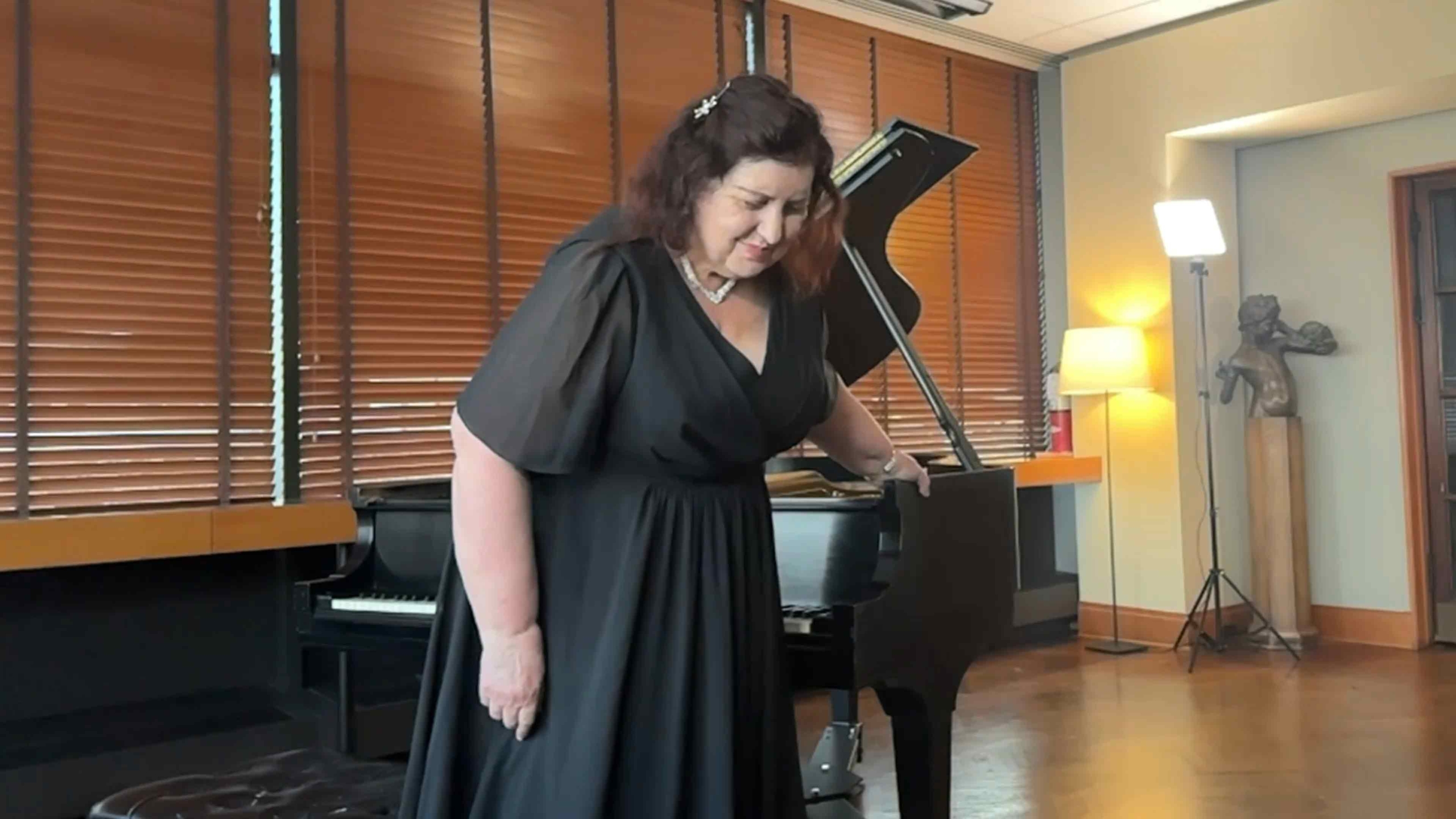Aristotle, Mortimer Adler, Charles Van Doren, & Bill Bowe on Happiness
Editor’s Note: Recently at The Cliff Dwellers family, friends, and a number of Club members helped me celebrate the publication on Amazon of my memoir Riots & Rockets. The book looks back at my Army days during the riotous 1960s and ’70s, Chicago politics in the 1970s, and my lawyering life dealing with collectors’ plates and the MacArthur Foundation, the newswire service United Press International, and Encyclopaedia Britannica in the Digital Age.
During the program’s Q & A with Gerry Labedz, he asked me what I thought about this passage in the book dealing with Mortimer Adler, Charles Van Doren, and Aristotle’s idea of Happiness. My taped answer to Gerry follows this excerpt from Riots & Rockets:
From Inventing the Future – Encyclopaedia Britannica
In 1962, Adler’s young friend and acolyte Charles Van Doren had received a suspended sentence following his conviction in New York State for perjury in the investigation into the fixed television game shows of the late 1950s…When Adler moved back to Chicago to join Britannica in 1962, it is not surprising that he quickly found a place for the would-be encyclopedist Van Doren. Van Doren was a son of Adler’s old Columbia University teaching colleague and friend, poet Mark Van Doren, and Adler had known him since birth. As Charles Van Doren put it when he spoke at a 2001 memorial service following Adler’s death at age 98:
And then there came the time when I fell down, face down in the mud, and he picked me up, brushed me off and gave me a job. It was the best kind of job: As he described it, one you would do anyway if you did not need the money. First, we worked together making books for Encyclopaedia Britannica. Then I, and many others, helped him to design and edit the greatest encyclopedia the world has ever seen…
Apart from his comments at Adler’s memorial service, he was rarely heard from in all the years following his humiliating confession before Congress. One other exception was in 1999 when Columbia University’s Class of 1959 invited its former teacher back to speak at its 40th Reunion At that time, Van Doren told them:
Some of you read with me forty years ago a portion of Aristotle’s Ethics, a selection of passages that describe his idea of happiness. You may not remember too well. I remember better, because, despite the abrupt caesura in my academic career that occurred in 1959, I have gone on teaching the humanities almost continually to students of all kinds and ages. In case you don’t remember, then, I remind you that according to Aristotle happiness is not a feeling or sensation but instead is the quality of a whole life. The emphasis is on “whole,” a life from beginning to end. Especially the end. The last part, the part you’re now approaching, was for Aristotle the most important for happiness. It makes sense, doesn’t it?









